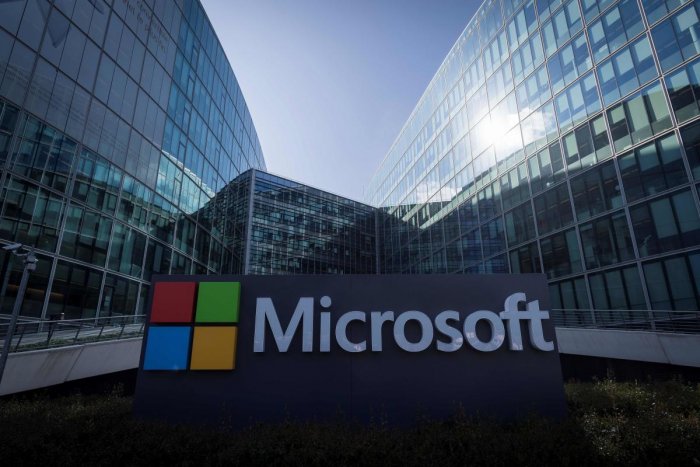In an effort to accelerate remote learning in a safe and secure environment, Microsoft is supporting the Higher Education Commission (HEC) of Pakistan by deploying Teams for official online and remote learning interactions across more than 100 public and private universities.
The move is in response to the call by the HEC for ideas on how to address the impact of COVID-19 on education and research.This pandemic has forced educators and students to rush into distance learning.
“Our strong collaboration with Microsoft has spanned many areas including research innovation, capacity building, and of course the services provided by Office 365. The use of Teams will ease the transition for many of our members into innovative modes of educational delivery, and also help us address the future needs of our students in rapidly shifting employment markets”, says Dr. Tariq Banuri, Chairman for Higher Education Commission in Pakistan.
With the help of Microsoft, the move to a virtual classroom environment has allowed for seamless continuity with no disruption in the learning experience for many students. Functions such as Whiteboard in Teams allows for a live interactive environment, while educators are able to moderate classroom discussions by muting, recording and sharing control which drives engagement. For assessments, educators are also able to easily create and grade quizzes in Teams using Microsoft Forms
Many industries are adapting to a new way of living, working, and learning. Microsoft’s commitment is centered on supporting educational institutions to maintain continuity through the provision of remote learning tools. “As universities move to remote learning, Teams can provide an online classroom that brings together virtual face-to-face connections, assignments, exams, files and conversations into a single platform accessible on a mobile device, tablet, PC, or browser. Through this partnership, we’ve been able to provide access at the various institutions and are working alongside HEC to ensure the smooth training and rollout throughout the country,” says Jibran Jamshad, Education Lead for Microsoft Pakistan.
Other tools that have been revolutionizing the education experience of educators and learners alike include that of Microsoft Flipgrid, a tool for educators that engages students through creating and sharing short videos. Flipgrid includes Immersive Reader, with tools that read text out loud and provides other reading assistance and accessibility features to help ensure all students can participate. It also enables students and learners of all abilities to express themselves with confidence.
Educators can also make use of Microsoft Streams to record their lectures giving them automatic access through their classroom channel on Teams. For ease of reference, having their assignments and other class materials on One Note provides one repository where all materials are organized and easily accessible.
“We are also acutely aware of the online safety for our students as they transition to this new way of learning. Microsoft Teams, as part of the Microsoft 365 (M365) service, follows all the security best practices and procedures such as service-level security through defense-in-depth, customer controls within the service, security hardening and operational best practices proactively protecting our customers from security threats, added Jamshad.
On the long term, HEC and Microsoft have created the Education Transformation Framework (ETF) – a foundational agreement modeled on the pillars of capacity building, skill certification, outreach campaigns and the annual Imagine Cup competition. Digital transformation is an indisputable force revolutionizing our industries, reinventing our products, redefining our services, and reshaping the way we work. This means that students will enter a very different job market. Microsoft is committed to working with HEC to provide immersive learning that will improve experiences and education outcomes of the students in Pakistan.











